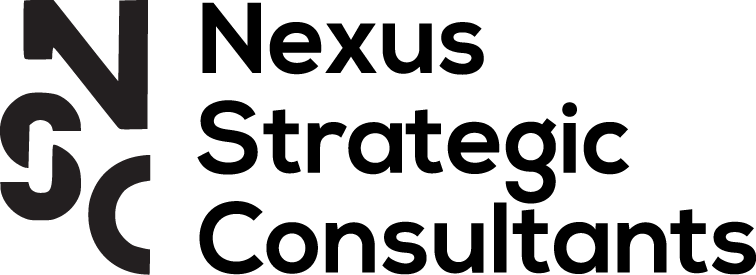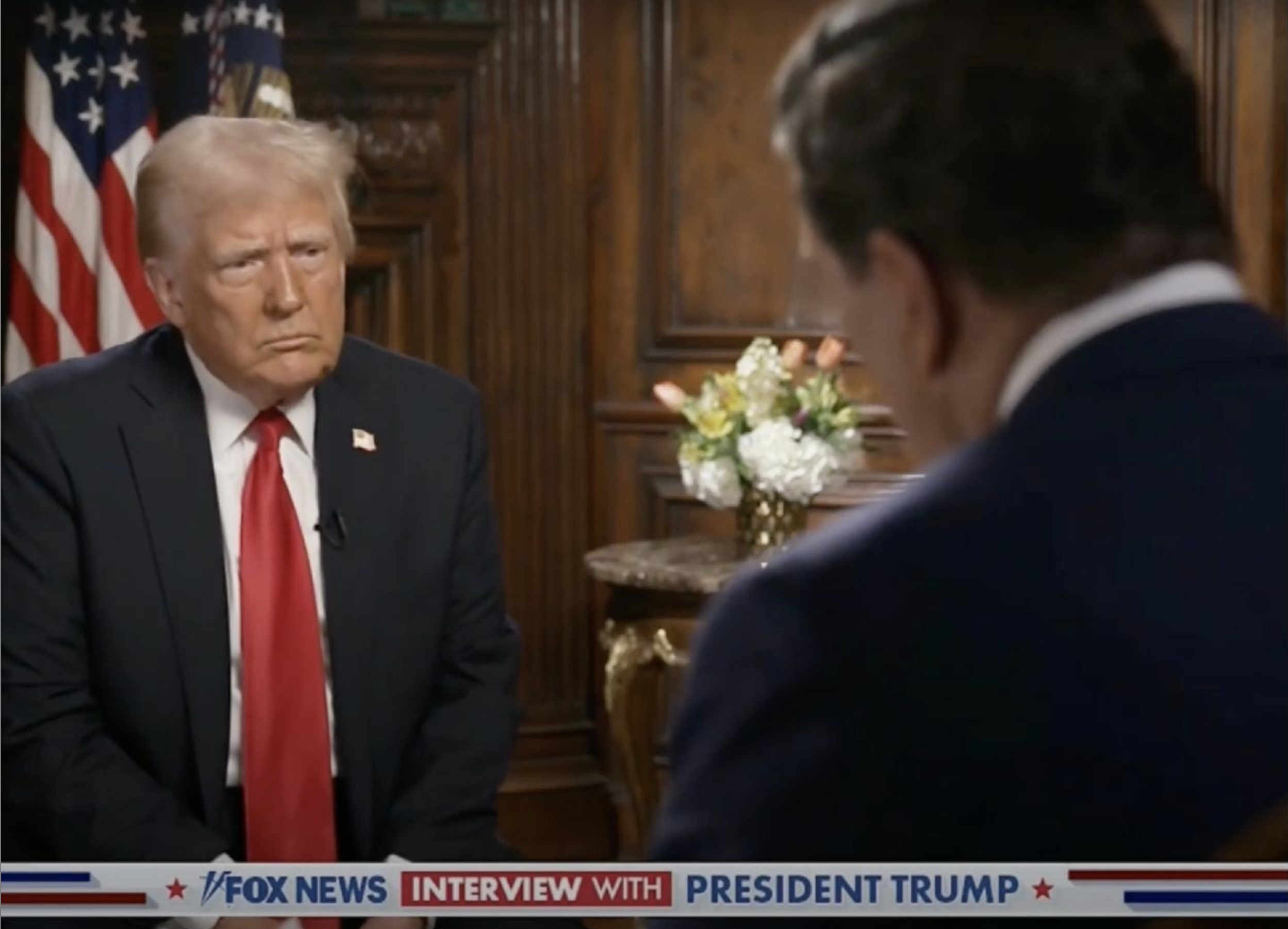America First 2.0: Canada's Wake-Up Call on Trade and Sovereignty
By Arthur Lam
Feb 10, 2025
When President Trump threatened to make Canada the 51st state, Canadians reacted with predictable outrage. Trump reaffirmed his interest in annexing Canada at his pre-NFL Superbowl interview this past Sunday. But our anger misses the point entirely - Canadians are just collateral damage in America's desperate bid to regain global economic dominance.
Having served as senior advisor to Canada's Minister of Innovation, Science & Economic Development and Minister of International Trade during Trump's first trade war, I saw his playbook up close. What's different now is his expansive vision and willingness to use unprecedented presidential powers to achieve it. With Republican control of both chambers in Congress and the presidency, there seems to be no guardrails left.
The math is simple: Trump believes absorbing Canadian and Mexican manufacturing through coercive tariffs will help America compete with China. His Make America Great Again base and Silicon Valley's libertarian billionaires are cheering him on. Corporate boardrooms worldwide are already revising their investment plans, preparing to shift production to the U.S. For everything from automobiles to microchips, the message is clear: make it in America, or don't sell it there. Workers in Ontario and Quebec produce the majority of the $333 billion1 consumer, mineral, semi-finished and manufactured products exported to the US, and they will feel the brunt of this transition. (As of publishing, Trump announced steel & aluminum tariffs against Canada and Mexico.)
Trump's economic team plans to boost U.S. oil production by another 3 million barrels daily to 16 million2, deliberately depressing global prices to weaken geopolitical rivals while keeping domestic energy costs low. Canada's new Trans Mountain Pipeline strengthens our position, but increased U.S. production will create sustained downward pressure on global oil prices, directly impacting provinces like Alberta and Newfoundland responsible for $166 billion of energy exports.
Supply-managed sectors like dairy and poultry will likely be early targets. Trump needs quick wins to satisfy his agricultural MAGA base in the Midwest. Canadian companies in strategic sectors like aerospace, defence, and technology will face increasingly complex export controls, especially as AI becomes integrated into advanced products and services. Our agricultural and innovation sectors will not be spared.
This isn't a negotiation - it's a one-sided economic assault. The sooner we accept that no amount of diplomatic niceties will change Trump's mind, the better. Americans don't care about Canadian interests unless we become Americans. Trump's first term showed his willingness to strong-arm Canada and Mexico into a revised trade agreement where the U.S. gained veto power over our sovereignty to trade with “non-market” economies like China and Vietnam3. His administration rallied allies to block advanced technological imports and investments and rebalance trade through direct interventions. This time will be worse.
Canada grew from a network of hardy trading posts to a nation defined by our mosaic, and in the process, defied America’s manifest destiny. That same resourcefulness must guide us now. We have world-class talent, abundant resources, and strong global relationships. Instead of clutching pearls about American betrayal, Canadians need to rapidly diversify our trade relationships and build new economic alliances.
The comfortable days of relying on stable U.S. market access are over. Canadian business leaders and policymakers face a stark choice: adapt to this new reality or watch our sovereignty erode.
1 https://www150.statcan.gc.ca/n1/pub/71-607-x/71-607-x2019005-eng.htm
2 https://www.foxbusiness.com/politics/treasury-secretary-nominee-scott-bessents-3-3-3-plan-what-know
3https://www.cgai.ca/usmcas_fine_print_giving_us_the_right_to_veto_canada_china_trade_deal_is_a_major_setback






